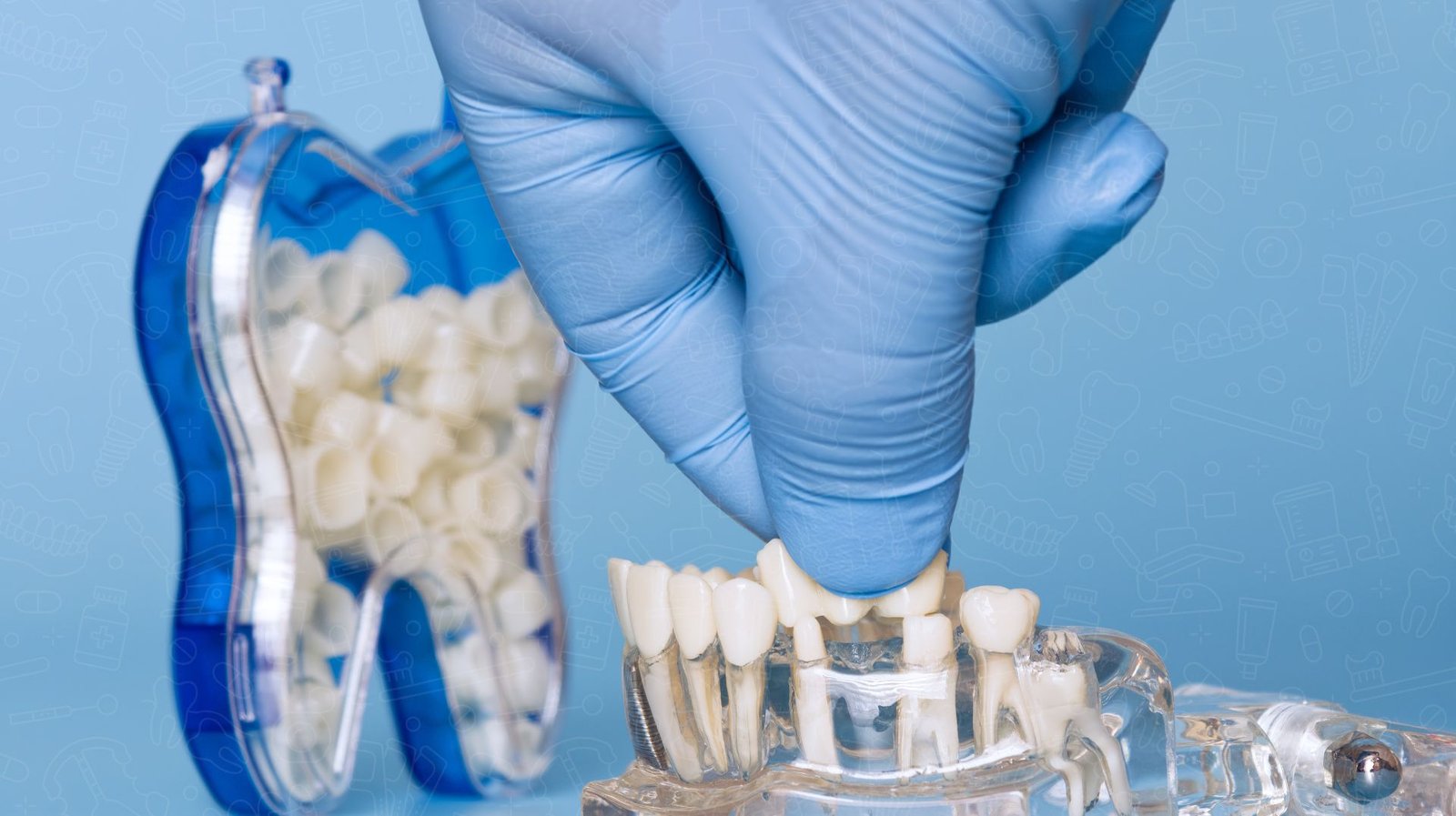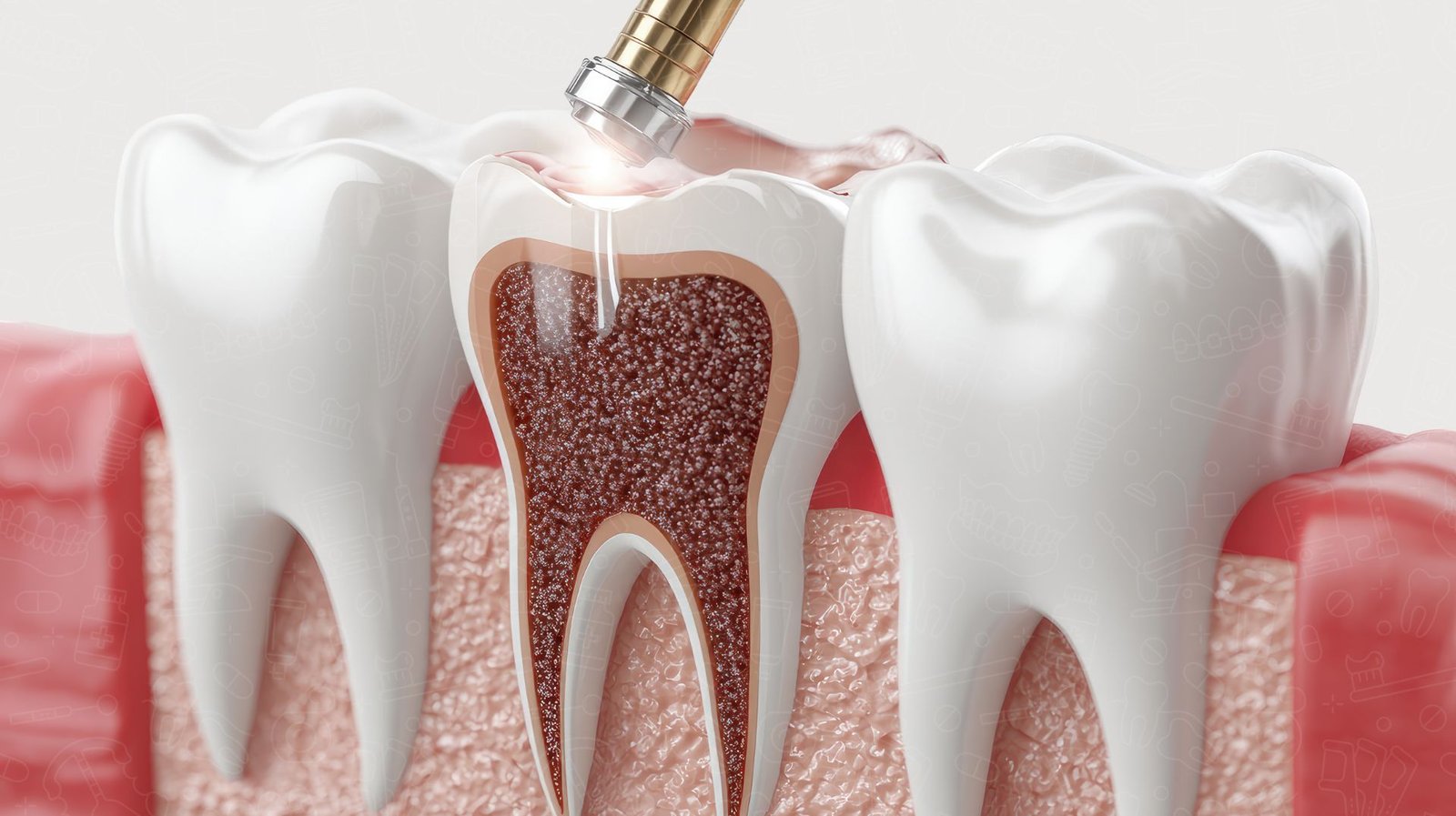The Pros and Cons of Porcelain Veneers: Is It Right for You?
In the realm of cosmetic dentistry, porcelain veneers for dental imperfections have gained widespread popularity as a solution for enhancing the appearance of teeth. These thin, custom-made shells are designed to cover the front surface of teeth, offering a dramatic transformation for those seeking to improve their smiles. However, like any dental procedure, porcelain veneers for dental imperfections come with their own set of advantages and disadvantages. This article will explore the pros and cons of porcelain veneers to help you determine if they are the right choice for your dental needs.
Veneers for Dental Imperfections: What Are Porcelain Veneers?
Porcelain veneers are thin layers of dental porcelain that are bonded to the front surfaces of teeth. They are custom-designed to fit the unique shape and color of your teeth, providing a natural and aesthetically pleasing appearance. Veneers can be used to correct a variety of dental imperfections, including discoloration, chips, gaps, and misalignment.
The Pros of Porcelain Veneers
- Aesthetic Enhancement
One of the most significant advantages of porcelain veneers is their ability to dramatically enhance the appearance of your smile. They can transform teeth that are stained, chipped, or misshapen, giving you a more uniform and attractive smile. The porcelain material closely mimics the natural translucency and color of tooth enamel, resulting in a very natural-looking finish.
- Durability
Porcelain veneers are known for their durability. With proper care, they can last 10 to 15 years or even longer. The material is strong and resistant to staining from foods and beverages, which means your veneers will maintain their beautiful appearance over time.
- Minimally Invasive Procedure
The process of getting porcelain veneers is relatively minimally invasive compared to other dental procedures. Only a small amount of enamel needs to be removed from the front surface of the teeth to make room for the veneers. This preserves the majority of your natural tooth structure while still achieving a significant cosmetic improvement.
- Quick Results
Unlike orthodontic treatments that can take months or even years to produce results, porcelain veneers for dental imperfections offer a much quicker solution. The entire process, from consultation to the final placement of the veneers, typically takes just a few weeks. This makes veneers an excellent option for those looking for fast and effective smile enhancement.
- Customization
Porcelain veneers are custom-made to fit your teeth perfectly. They are tailored to match the shape, size, and color of your natural teeth, ensuring a seamless and natural appearance. This level of customization allows for a personalized approach to achieving your ideal smile.
- Stain Resistance
Porcelain is highly resistant to staining, which is a significant advantage for maintaining a bright, white smile. Unlike natural tooth enamel, which can become discolored from foods, drinks, and smoking, porcelain veneers retain their color and luster over time.
The Cons of Porcelain Veneers
- Cost
One of the primary drawbacks of porcelain veneers is their cost. They can be quite expensive, with prices varying depending on the number of veneers needed and the complexity of the case. While the investment can be worthwhile for the results achieved, it may not be affordable for everyone.
- Irreversibility
The process of preparing teeth for veneers for dental imperfections involves removing a small amount of enamel. This removal is permanent, meaning that once you have veneers, you cannot go back to your natural teeth without some form of dental restoration. It's essential to be sure that you want veneers before committing to the procedure.
- Potential for Sensitivity
Some patients may experience increased tooth sensitivity after getting veneers. This sensitivity is typically temporary and subsides after a few days or weeks. However, in some cases, it can persist longer and may require additional treatment to manage.
- Risk of Damage
While porcelain veneers are durable, they are not indestructible. They can chip or crack if subjected to excessive force, such as biting on hard objects or grinding your teeth. It's important to take precautions, such as avoiding hard foods and wearing a nightguard if you grind your teeth at night, to protect your veneers.
- Maintenance and Replacement
Veneers for dental imperfections require regular maintenance to keep them looking their best. This includes good oral hygiene practices, regular dental check-ups, and possibly avoiding certain foods and drinks that could damage them. Additionally, while veneers are long-lasting, they will eventually need to be replaced, which involves another dental procedure and additional costs.
Is Porcelain Veneers Right for You?
Determining whether porcelain veneers for dental imperfections are the right choice for you involves considering several factors, including your dental health, aesthetic goals, and budget.
- Dental Health
Before getting porcelain veneers for dental imperfections, it's essential to have a healthy foundation. This means addressing any existing dental issues, such as cavities, gum disease, or significant misalignment, before proceeding with veneers. Your dentist will conduct a thorough examination to ensure that your teeth and gums are in good condition to support veneers.
- Aesthetic Goals
Porcelain veneers are an excellent option for those looking to make significant improvements to their smile. If you have multiple cosmetic concerns, such as discoloration, chips, gaps, or slight misalignment, veneers can address all of these issues simultaneously. However, if you only have minor concerns, other less invasive treatments, such as teeth whitening or bonding, might be more suitable.
- Budget
Cost is an important consideration when deciding on porcelain veneers. While they offer substantial benefits, they also come with a higher price tag compared to other cosmetic dental treatments. It's crucial to evaluate your budget and consider financing options if needed. Some dental practices offer payment plans or financing options to help make veneers more accessible.
- Long-Term Commitment
Getting porcelain veneers is a long-term commitment. The irreversible nature of the procedure means that you should be confident in your decision. It's also important to be prepared for the maintenance and eventual replacement of the veneers for dental imperfections. Discussing your expectations and concerns with your dentist can help you make an informed decision.
Conclusion
Porcelain veneers for dental imperfections can offer a transformative solution for those seeking to enhance their smile. Their ability to address multiple cosmetic concerns, durability, and natural appearance make them a popular choice in cosmetic dentistry. However, it's essential to weigh the pros and cons and consider factors such as cost, dental health, and long-term commitment before deciding if porcelain veneers are right for you.
Consulting with a qualified dentist is the first step in determining whether porcelain veneers for dental imperfections are a suitable option for your needs. A thorough examination and discussion of your goals will help you make an informed decision and pave the way to achieving the smile you've always desired. Whether you choose veneers for dental imperfections or another cosmetic treatment, the journey to a more confident and beautiful smile is always worth the effort.





